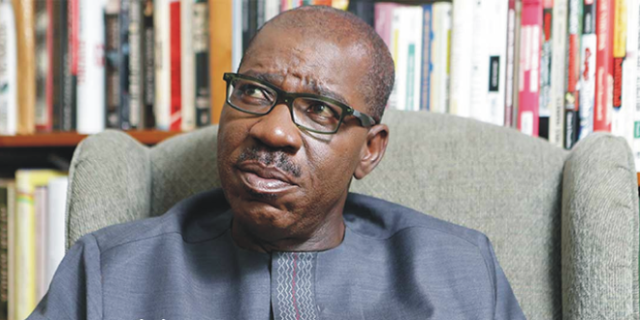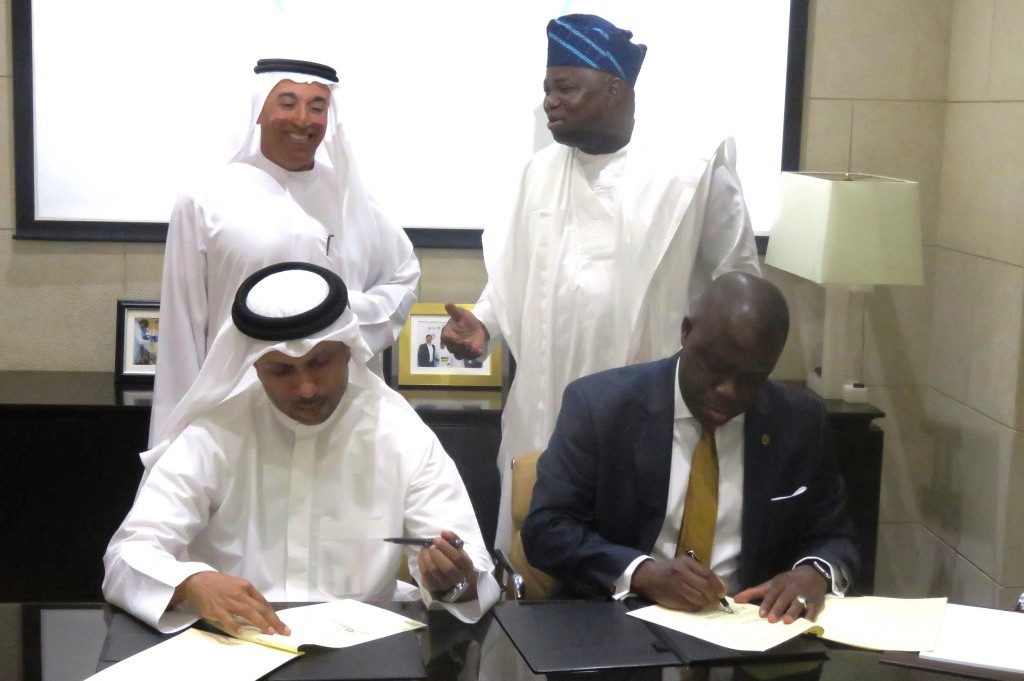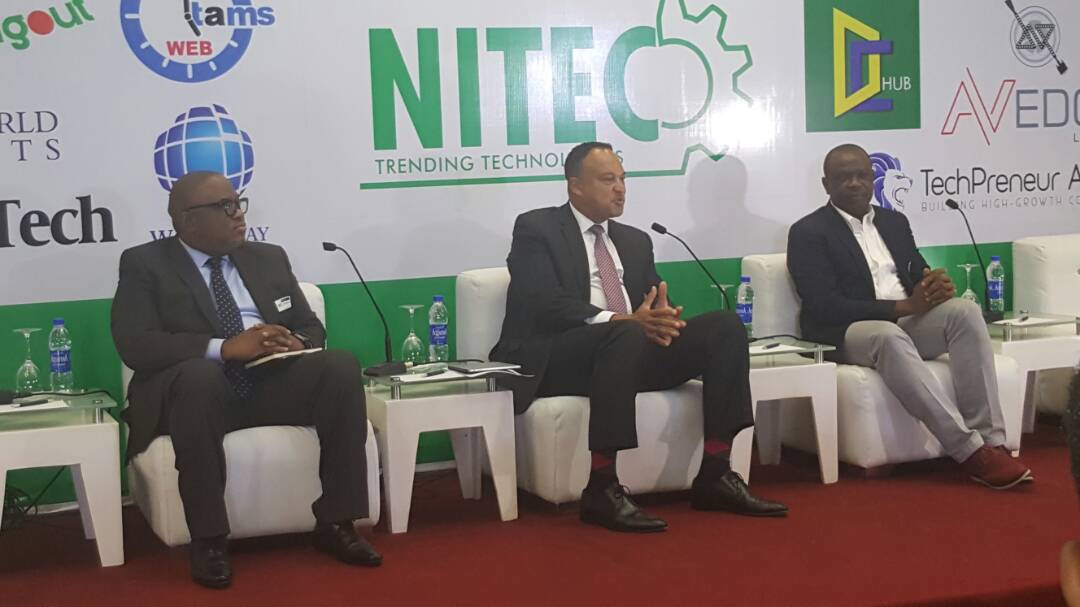The Minister of Science and Technology, Dr. Ogbonnaya Onu has said if science and technology (Sci-tech) is exploited and harnessed, could result to achieving the projection of Nigeria as the 9th largest economy in the world.
The Minister stated this on Wednesday after his Ministry had presented the 2017 to 2030 Science and Technology Roadmap to a sitting of the Federal Executive Council (FEC) in Aso Rock, Abuja.
The Science and Technology Minister after the FEC meeting said the roadmap is aimed at projecting Nigeria to occupy the position of the 9th largest economy in the world by 2050.
He is hoping that the roadmap will exploit the country’s rich and viable cultural heritage to achieve self-reliance in technology adding that it will be difficult to attain economic height without science and technology.
“In the road map we also identified all the things that we need to do to place Nigeria in a position; because there are estimates that by 2050 Nigeria will, by purchasing power parity, be the 9th largest economy in the world.
“But we cannot do this without science and technology.
“In essence, the difference between the developed nations of the world that are the richest in the world and then the developing countries that are poor, the main difference is science and technology.
“How do you apply science and technology to nation building?
“So this roadmap will help our nation to take us to where we should be,” said Dr. Onu.
He said the country was worried that many primary and secondary school students did not like to study mathematics and science subjects, which, he said, had resulted in the utilization of foreign expertise to do major projects such as construction of refineries, dams, airport, sea port, major roads and bridges.
He added that if there was anything to do in the country, the tendency was to import. He opined this has lead to the export of foreign exchange, creation unemployment, putting undue pressure on the local currency and aggravating poverty.
Onu said the roadmap would prepare Nigeria to be a truly great nation where it could use its resources to meet the needs of the nation for self-reliance and self-confidence.
He noted that the country had a rich science and technology heritage where its ancestors understood their environment and had built long walls in Benin.
The minister also said the elders also developed a leader industry that was erroneously called Moroccan leader.
Onu also mentioned the fine artefacts and craft as well as iron technology since 3000 years ago as shown by carbon dating.
“You can imagine that our ancestors did that and today we are unable to have our own iron and steel being produced in the country.
“This is to let our young people to know that they have a heritage and that they should aspire to be far better than their ancestors,” he added.
He explained that the road map intended to integrate the work of investors and researchers as well as link them up with the universities and the private sector.
He stated that the linkage is important because it is the private sector that takes the innovations up and commercialises them.




